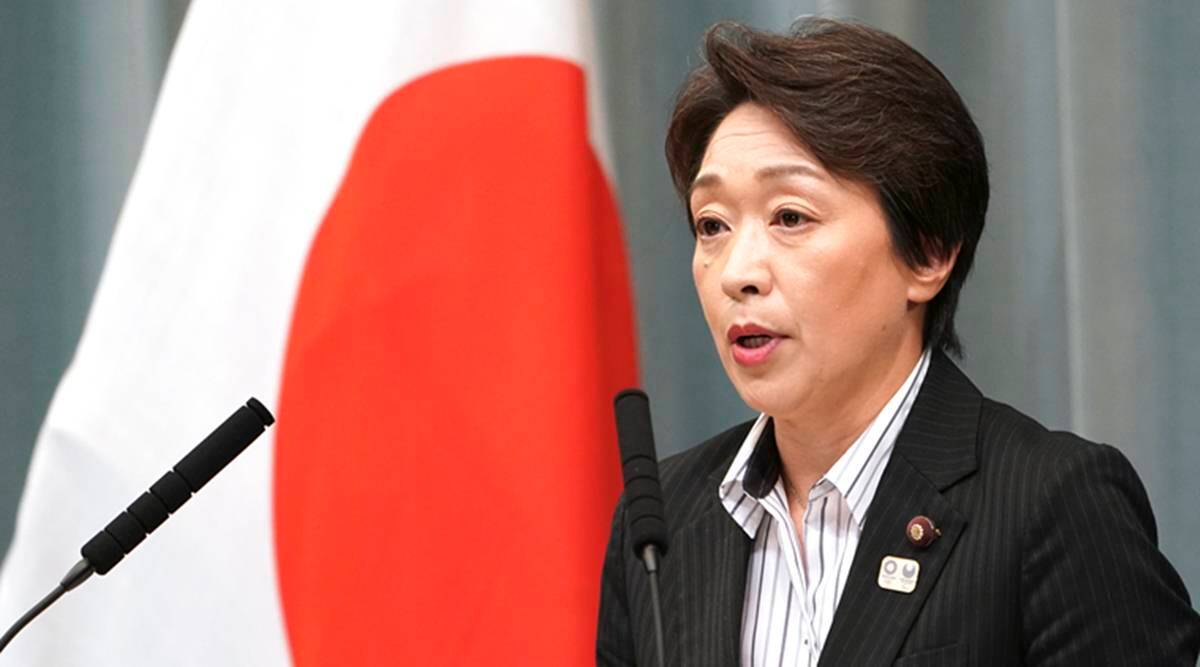Seiko Hashimoto, one of Japan’s two female cabinet ministers, has been appointed as the new head of the Tokyo Olympic organizing committee.
Her appointment was in response to intense criticism following the resignation of Yoshiro Mori, who stepped down after saying that women talked too much in meetings.
The selection of Ms. Hashimoto, 56, an Olympic medalist in speed skating, represented a stark generational and gender shift for the committee.
The male president that the committee initially considered replacing Mori, also Mr. Mori’s handpicked choice, is an 84-year-old former leader of Japanese soccer.
Ms. Hashimoto said her first priority would be to protect against the coronavirus at the Summer Games so that “both the Japanese people and people from abroad will think that the Tokyo Games are safe and secure.”
The shift reflected the potent voice that Japanese people, especially women, have found on social media, and many saw it as an achievement in mobilizing young activists. Others dismissed it as a cosmetic decision that was unlikely to empower women.
Kazuyo Katsuma, a businesswoman and author of best-selling books on gender and work-life balance said,
“In the past, he would have been just criticized, and then the issue would have ended.”
As some praised the defeat of Mr. Mori, others wondered whether Ms. Hashimoto’s appointment was much more than a cosmetic decision, made under duress, in a country that ranks 121st out of 153 countries in the World Economic Forum’s global gender gap index.










